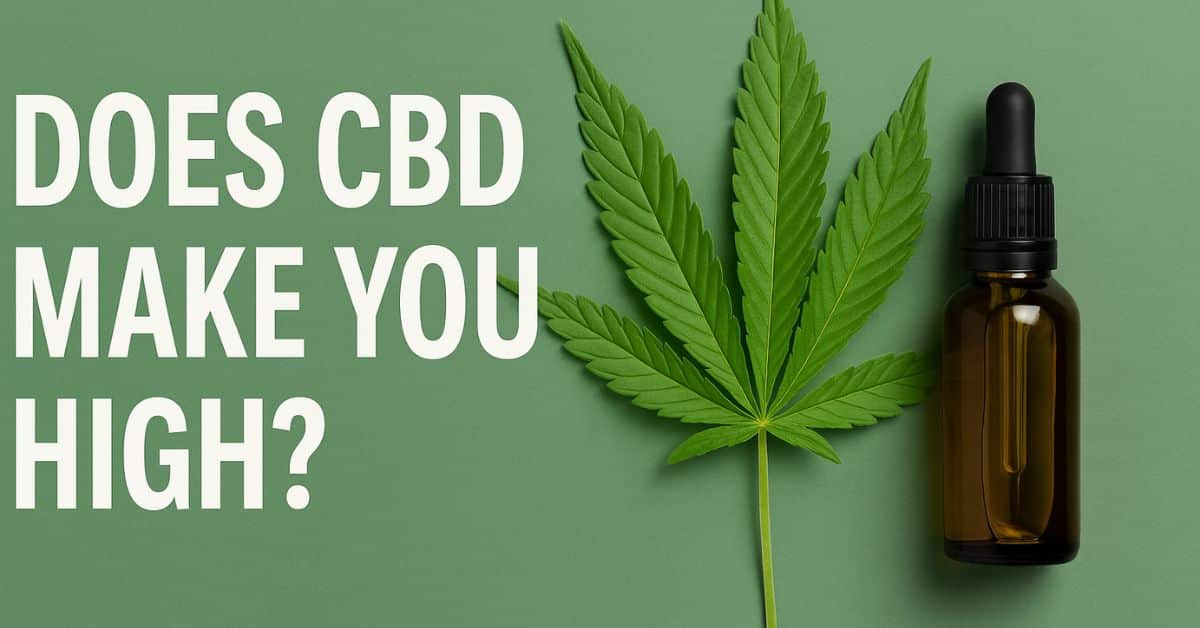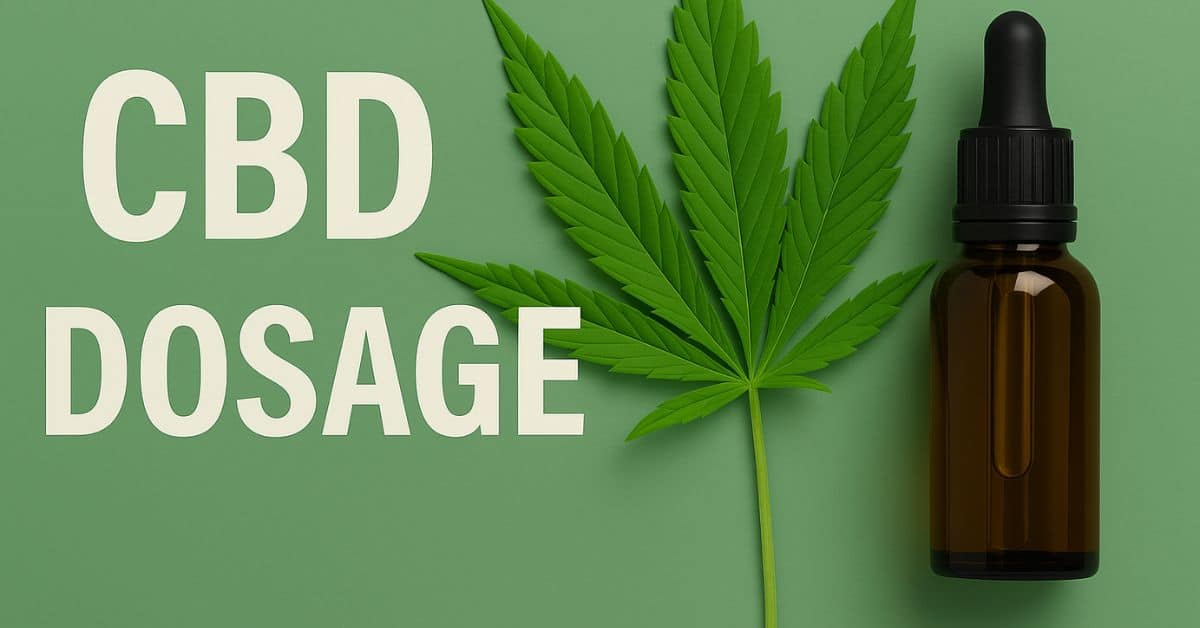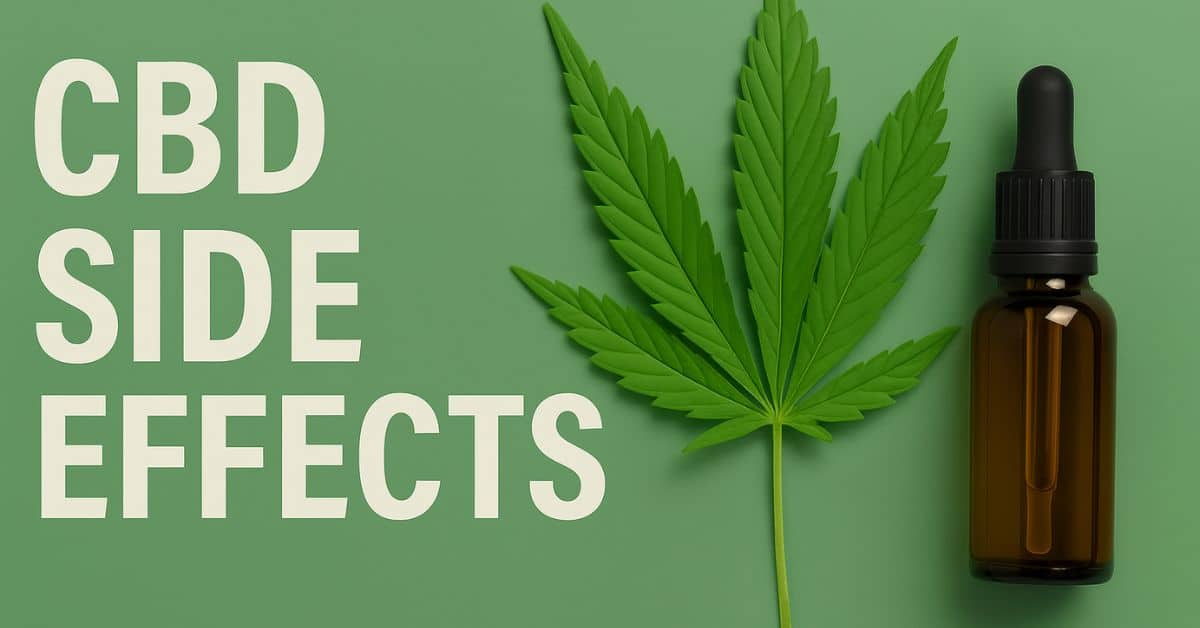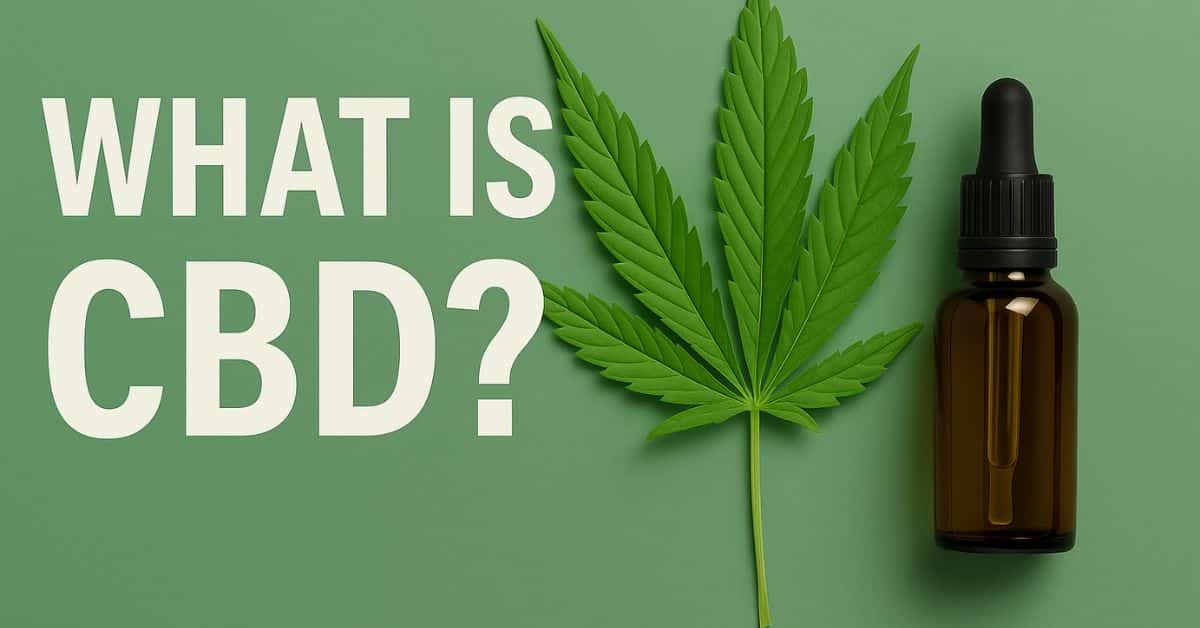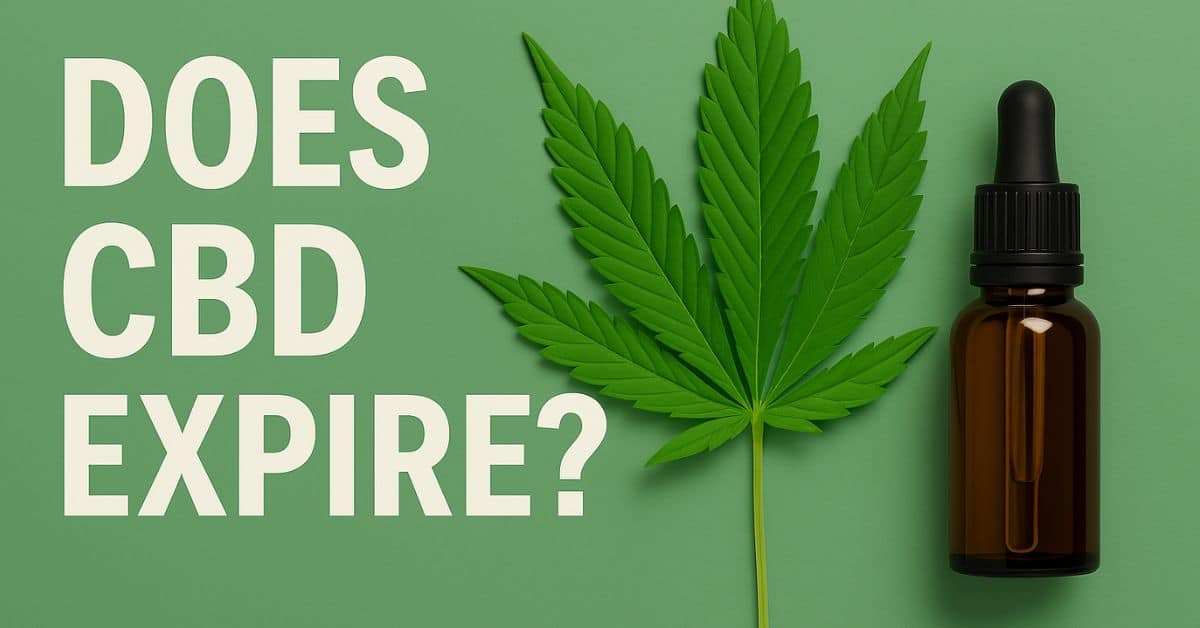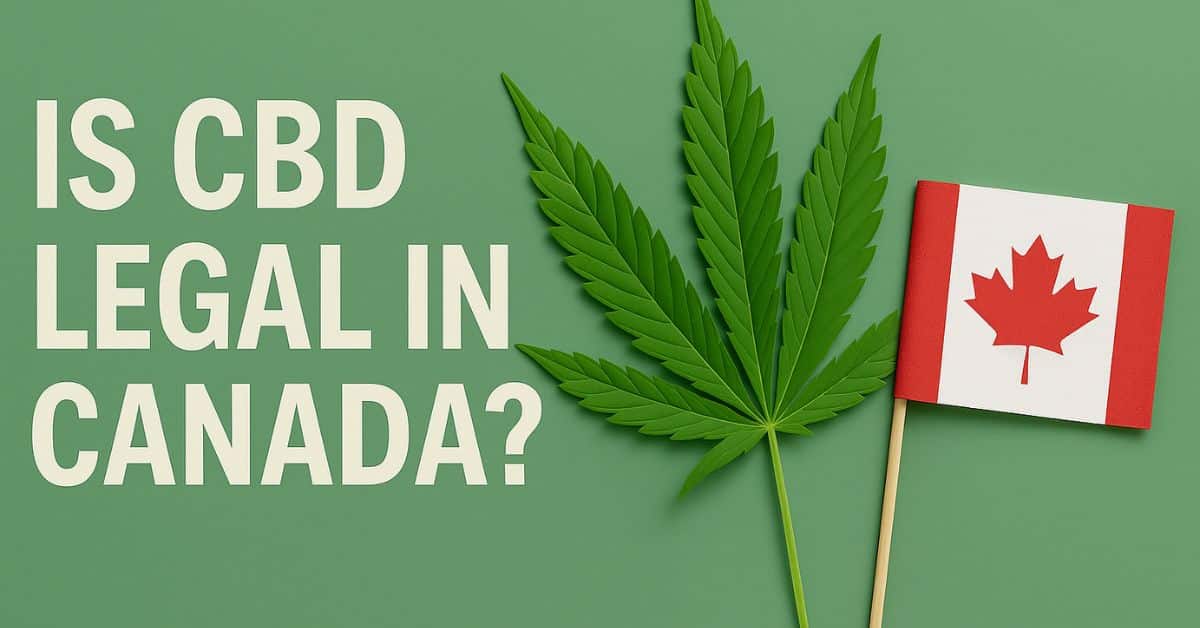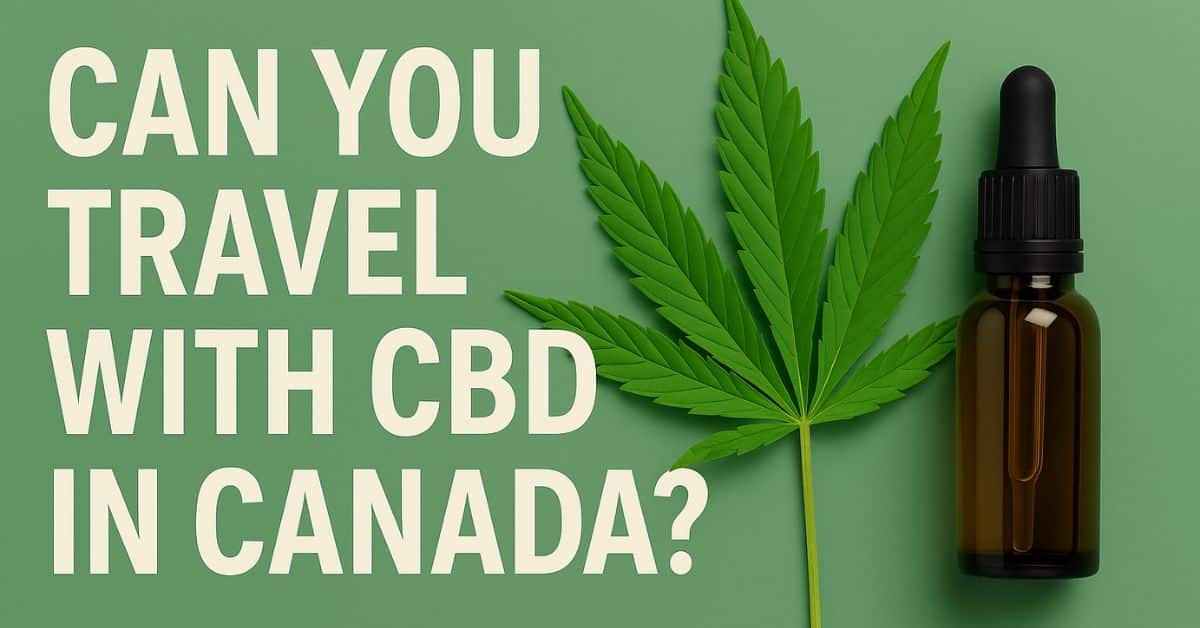Key Takeaways
- CBD is non-psychoactive and will not make you feel “high” like THC.
- Different receptor activity: CBD does not bind strongly to CB1 receptors in the brain, avoiding intoxicating effects.
- Legal in Canada when purchased from licensed retailers under federal cannabis regulations.
- Effects are calming and balancing, often linked to stress relief, relaxation, and wellness.
- May appear on drug tests if the CBD product contains trace amounts of THC.
- Safe for daily use, though some people may experience mild side effects like drowsiness or dry mouth.
- Research-backed benefits include support for sleep, mood balance, and inflammation without impairment.
Cannabidiol (CBD) is one of the most well-known cannabinoids, occurring naturally in much higher amounts compared to minor cannabinoids like CBG. Unlike THC, CBD does not cause intoxication and is instead valued for its calming and balancing effects on the body.
Even though CBD comes from the same cannabis plant as THC, it interacts differently with the brain’s CB1 receptors, meaning it won’t make you feel “high” or intoxicated.
What is CBD?
Cannabidiol, or CBD, is a naturally occurring cannabinoid found in both hemp and cannabis plants. Unlike CBG, which largely converts into other cannabinoids as the plant matures, CBD remains one of the most abundant compounds in fully grown cannabis plants. This makes it easier to extract, more widely available, and one of the most researched cannabinoids in the world.
Does CBD Make You High?
No, CBD does not make you high. Unlike THC, it does not bind strongly to CB1 receptors in the brain, which are responsible for cannabis’s intoxicating effects. Instead, CBD interacts indirectly with CB1 and CB2 receptors and even influences other receptor systems in the body. This broad interaction supports balance in the endocannabinoid system without causing intoxication.
How CBD Compares to THC
Even though CBD and THC are both cannabinoids, their effects are very different:
- Legal and consumer appeal: CBD appeals to Canadians who want cannabis benefits without the “high.”
- Receptor binding: THC binds strongly to CB1 receptors, creating intoxication. CBD does not bind directly, avoiding those euphoric effects.
- Level of psychoactivity: THC is psychoactive. CBD is non-psychoactive.
- Effects: THC can cause euphoria, altered perception, or anxiety in some users. CBD is more associated with calmness, relaxation, and balance.
How CBD Compares to CBG
CBD and CBG are often grouped together because neither produces a high, but they differ in their effects and uses:
- Psychoactivity: Both are non-intoxicating, but CBD is generally more calming, while CBG may feel slightly more stimulating.
- Primary uses: CBD is widely used for stress, anxiety, sleep, and inflammation. CBG is often linked to focus, mood, and gut health.
- Research: CBD is one of the most studied cannabinoids. CBG, while promising, has much less research available.
- Consumer experience: CBD often leaves users feeling relaxed and balanced, making it popular for evening or all-day use. CBG may feel more energizing or clarifying, appealing to daytime routines.
Potential Benefits of CBD Without the High
One of the main appeals of CBD is that it may offer therapeutic benefits without intoxication. Research is ongoing, but potential benefits include:
- Stress relief and calmness – Many users report CBD helps ease stress and promote relaxation.
- Sleep support – CBD is commonly used by Canadians to improve sleep quality and reduce nighttime restlessness.
- Pain and inflammation – Studies suggest CBD may help with chronic pain, joint stiffness, and inflammation.
- Mood balance – Some people use CBD to support emotional stability and reduce feelings of anxiousness.
- Wellness routine – CBD is widely used in oils, gummies, and capsules to complement daily health and recovery.
Bottom Line
CBD does not make you high. Unlike THC, it is non-psychoactive and does not cause intoxication. Instead, CBD is most often associated with calmness, balance, and wellness support, making it a valuable option for Canadians seeking the benefits of cannabinoids without impairment.
FAQ
No. CBD is non-psychoactive, meaning it won’t create the euphoric or intoxicating effects associated with THC.
CBD does not bind strongly to CB1 receptors in the brain, which are the pathways responsible for the intoxicating effects of cannabis.
Yes. Some full-spectrum CBD products may contain trace amounts of THC. Always check lab results and labels to ensure THC content is within legal limits.

